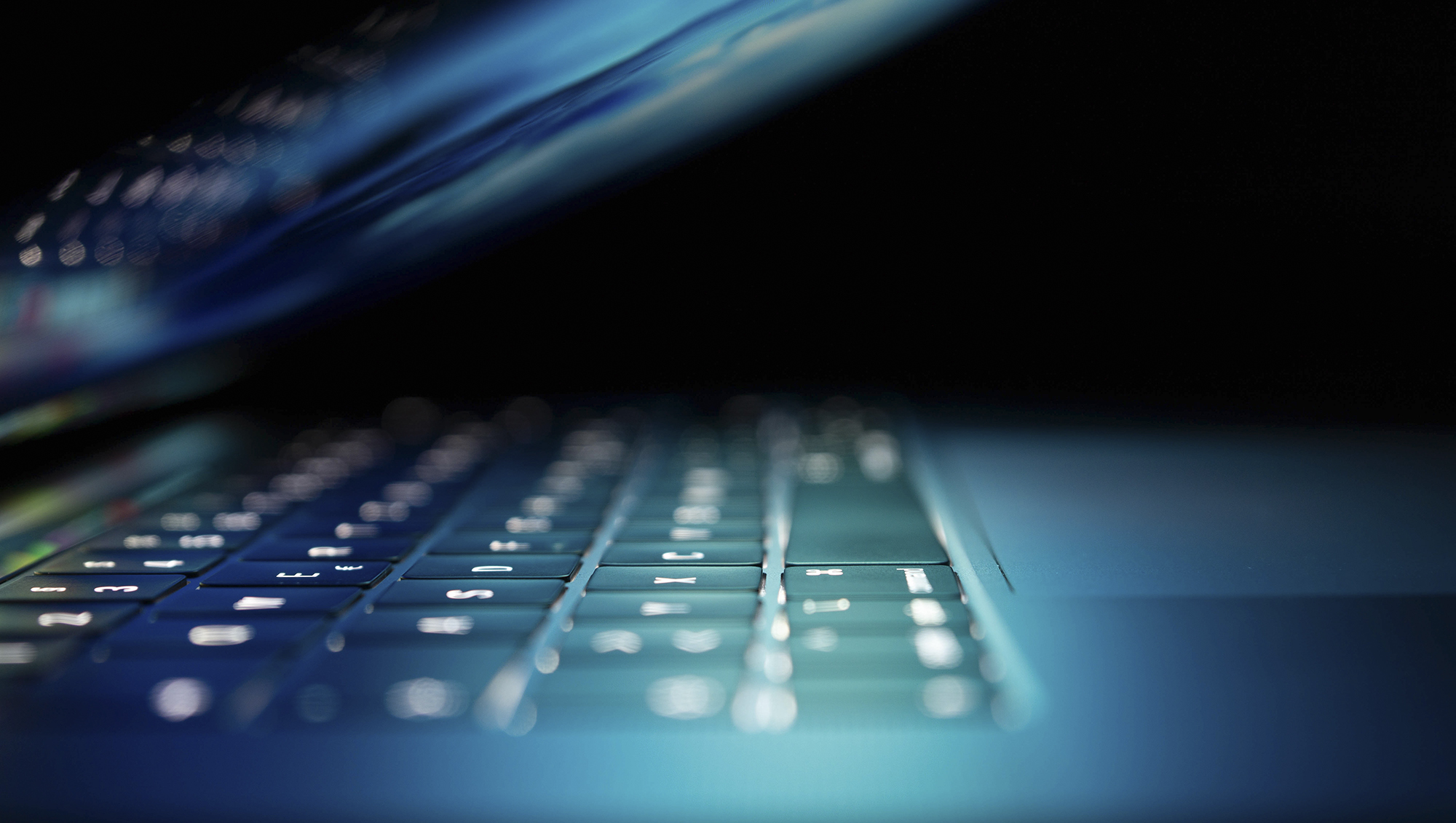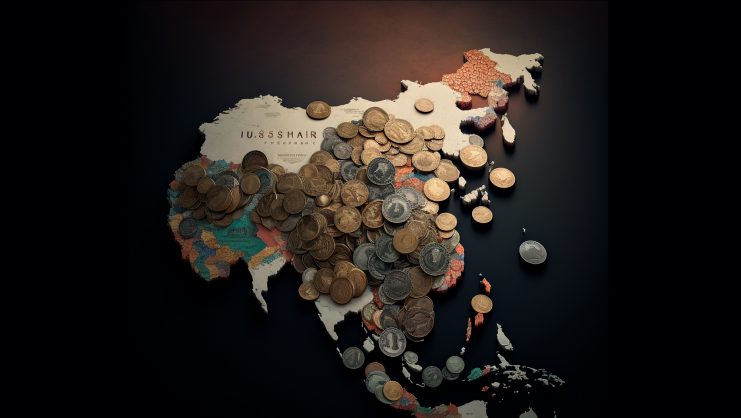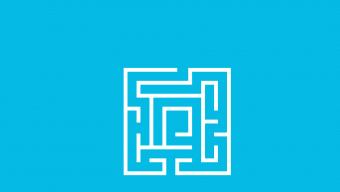Every process has been affected by digital environments in one way or another. Globally, consumption patterns and the social penetration of connected devices speak for themselves. According to numerous sources, the number of tablets, smartphones, and computers is approaching 8 billion worldwide, far more than the number of people alive today. If we include IoT appliances, the number of Internet-connected devices could be as high as 26 billion. Without a doubt, the Internet boom has created an enormous market and countless growth opportunities for businesses. However, despite becoming highly dependent on the digital world, most players in the global economy have neglected to take cybersecurity precautions.
This is an issue of the utmost importance. The lack of a cybersecurity strategy can threaten any business or breakthrough. A growing number of major companies have had to temporarily shut down their activity as a result of undetected malware attacks. Far from being isolated cases, such incidents are now quite common for smaller companies in every sector. So vast is the territory besieged by hackers that the World Economic Forum has ranked cybercrime as one of the top five global risks.
The reality is that nearly half (43%) of all phishing attacks target small businesses.
The world has become virtual
Thanks to the speed at which technology moves, we now think more in terms of virtual communities than traditional regions of the world. No country on earth has as many “inhabitants” as Facebook or as many “influencers” as Instagram. Social media has particular clout in the global economy and in geopolitics. The business world is now led by Spotify, Uber, and countless other platforms that have insinuated themselves into our everyday lives.
With just a click, users can see the top-rated restaurant in their area, the prevailing employment trends in the United States, the most popular song in India, and much more. We have become entirely dependent on the immediate answers supplied by the Internet. The Matrix wasn’t kidding when it portrayed a parallel life unfolding in a virtual world.
All data has value
These online interactions have a common denominator: the proliferation of data. It has been said that information is power, but the primary asset of this new economy is data. A hacker can turn something seemingly irrelevant into a real problem. This is why cybersecurity is not the exclusive domain of high-tech settings or organizations that handle sensitive information, such as hospitals. Professionals in every sector should be concerned about this issue. The reality is that nearly half (43%) of all phishing attacks target small businesses.
Anyone can be targeted by cybercriminals at any time, especially now that connected devices are commonplace. Remember when data from fitness trackers worn by US soldiers in 2017 revealed the location of a military base in Afghanistan?
The Internet is teeming with bots on the prowl for information. When the rollout of 5G technology is finally completed, an estimated 80% of information “providers” on the Internet will be powered by artificial intelligence systems.
There are other aspects that can be compromised, including brand reputation, strategic plans, employee details, and technical, financial, legal, or product-related information.
Raising awareness
Developing a cybersecurity strategy requires knowledge of the field and education at every level of the organization. The consulting firm Gartner has identified five types of threats: experimentation, vandalism, hacktivism, cybercrime, and information warfare (the latter having to do with sensitive data handled by governments and other official bodies).
In the business world, cybercriminals have set their sights on CEOs. Access points include email, social media, WhatsApp, webcams, and wearables. Hackers can exploit any vulnerability in these environments to steal information that could be economically profitable. Moreover, there are other aspects that can be compromised, including brand reputation, strategic plans, employee details, and technical, financial, legal, or product-related information—important data that any competitor would love to get their hands on.
In light of these dangers, companies must adopt management models that treat cybersecurity as a strategic priority. From the CEO to department heads, the entire organization needs to be highly committed to this issue. It can also be useful to appoint a specific committee led by a chief information security officer (CISO)—a relatively new position created to ensure the future viability of companies.
© IE Insights.











